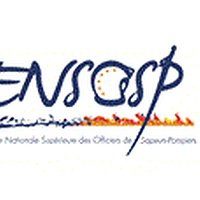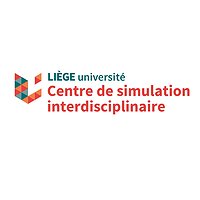Centres
Simulation Centre Networking Project
We are inviting all Simulation Centres throughout Europe, both large and small to present their centre and the courses run for inclusion in a Simulation Centre Network. This is accessible to everyone via our website and we believe will provide:
- better communication with Simulation enthusiasts.
- information sharing between Simulation Centres.
- an updated list of Simulation Centres in Europe.
To make and application please click here
If you have any questions please contact sesam@worldspan.co.uk
Center of Medical Simulation of the Faculty of Medicine of Lithuanian University of Health Sciences
Kaunas, Lithuania
The Centre of Medical Simulation for Students of the Lithuanian University of Health Sciences was officially launched in 2015 under the decision by the University Council. The equipment in the Centre of Medical Simulation is used to teach basic surgical, obstetric, anaesthesiology-resuscitation, cardiology, pulmonology, nursing, diagnostic and therapeutic skills, as well as to practice dealing with complex clinical situations involving the whole medical team in a realistic environment.
Centre de SIMulation à l'URGence extra-hospitalière de l'ENSOSP
Aix En Provence - Les Milles, France
The ENSOSP trains 25,000 professional firefighters French officers, volunteers and the health service. The training provided are designed to meet the employers orders (SDIS ) in terms of managerial and operational quality and adaptability, and the Civil Security Department (DSC) in normative and prospective terms. Creuset initiatives and partnerships and institutional approaches, the school also supports the training advisers and offers high-level training through specialized Masters (risk management, law of civil security, CBRNE).
Centre de Simulation Médicale Interdisciplinaire de LiègE - (SMILE)
The SMILE is dedicated to teaching, scientific research and community services mainly in acute care. We engage in hi-fi simulation, simulation with standardized patients and using virtual reality.



